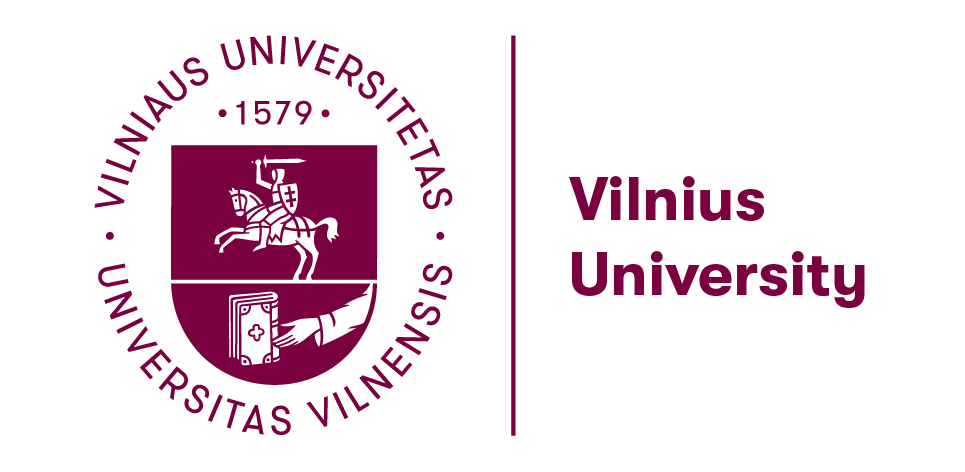D. Stumbrienė, A. S. Camanho, A. Jakaitienė
4th LEER Conference on Education Economic, March 28-29, 2018, Leuven, Belgium.
Abstract. Monitoring the performance of educational systems is at the top of the agenda of governments and educational authorities worldwide, but only a small number of studies have focused on country or multi-country analysis.The comparison among educational systems based on primary, secondary or tertiary education individually do not represent all education system. Only the analyses of all the educational levels together can represent all education system in the country.Whilst it is possible to evaluate performance using individual indicators and assess their evolution over time, it is not a trivial task to conduct multi-dimensional evaluations. Taking into account several indicators simultaneously and their progress over time require more advances techniques, such as the construction of composite indicators.The purposes of our researchare to define a new procedure to aggregate the data on several indicators and to apply it to construct a composite indicator for the education monitoring. We have figured out the properties of the new procedure as high discrimination power, non-zero weights, no prior information and possibility to identify targets and peers for the assessment.Cross-country analyses are important for policy making since they allow the benchmarking of educational policies. Our study uses annual data (2014 and 2015 year) of 29 European countries collected from EUROSTAT and OECD databases. We went through the following five stages for the construction of composite indicators: data treatment, data normalisation, weighting, aggregation and comparison of the results obtained, both in terms of the efficiency score as well as country rankings.




